- 👨🏿🚀TC Daily
- Posts
- It’s enough!
It’s enough!
Inside: Africa to launch indigenous credit rating agency.


Good morning. ☀️️️
Put a finger down if Apple’s new liquid glass feature reminds you of Windows Vista. I am not sure I like it and I hope that secret stays between us. Anyways I’ll be downloading the new iOS26 and let you know how it goes.
In other news, six African startup founders asked African VCs about sector bias, creative-economy investment, post-funding missteps, missed deals, and when blended capital might tackle non-tech African problems. Check out Muktar’s article to see how these investors answered.
Let’s delve into today’s dispatch!
– Faith

Economy
Africa to launch indigenous credit rating agency in September
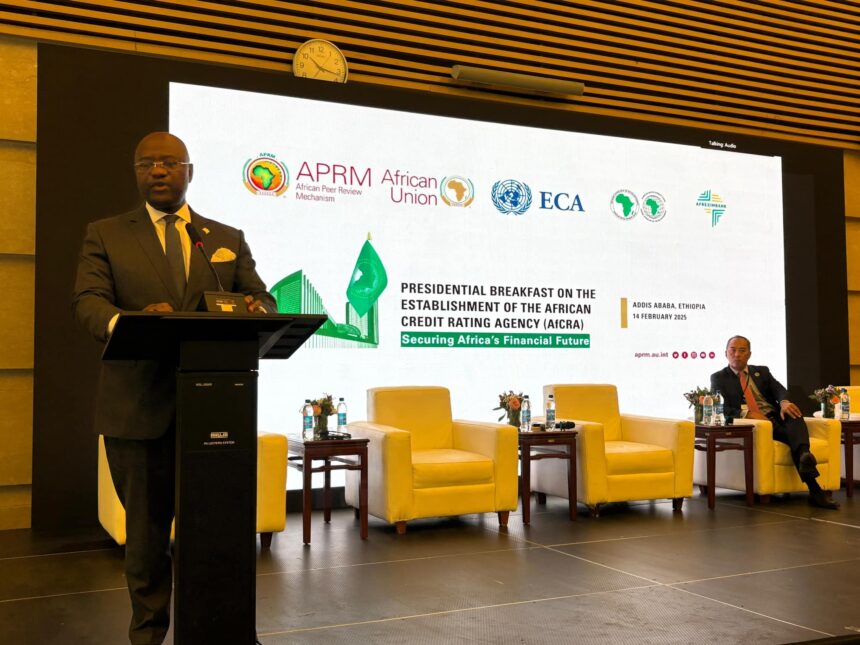
In September 2025, Africa will launch a credit rating agency—the African Credit Rating Agency (AfCRA). It’s a big move, as AfCRA is positioning itself to become the go-to credit assessor for countries and corporations across the continent.
But why does this even matter? Well, have you ever thought about how investors decide whether a corporation or a country is “credit-worthy” before giving them a loan? Imagine you're sitting on a lot of free cash and you decide to loan some of it out for interest. Naturally, before handing over that money, you'd want to do your homework. You'd check the borrower's background, review their credit, and weigh the risk.
In the corporate and sovereign world, due diligence works the same way. When a country wants to issue a bond or secure a loan from an international bank or monetary body, it gets assessed based on its debt profile, growth rate, and default history.
For decades, investors have relied on the ‘Big Three’ global credit rating agencies—S&P Global, Fitch, and Moody's. This is why we celebrate when African countries get an upgrade. It signals lower credit risk and opens the door to more financing.
But there’s been growing criticism of these global rating agencies for missing local context. Many argue they lack on-the-ground insight into African economies and the effects of politics.
While the AfCRA will bring the needed local context to those sovereign assessments, it could also lead to a catch-22: if it issues ratings lower than the global agencies, African governments may be unhappy; if it issues higher ratings, investors may call it biased.
The real struggle is keeping the AfCRA independent and unbiased, ensuring that governments cannot interfere in the assessment process. For now, we have to wait and see what the rollout and reception looks like in the coming months.
The AfCRA will issue its first sovereign rating by early 2026.
Fincra - The Easiest Way to Move Money in and out of Africa.
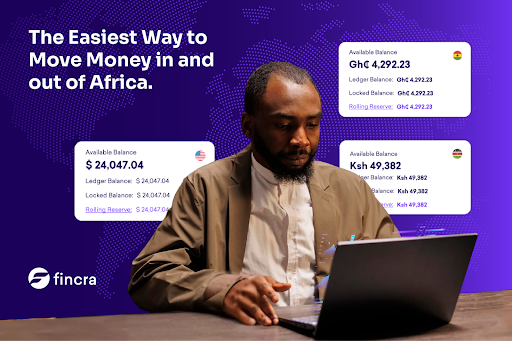
Empower your business to effortlessly collect payments and make payouts across Africa with Fincra. Their payment solutions equip fintechs, marketplaces, global merchants, & more with unmatched speed and security. Create your account in 3 minutes.
Banking
Nigerian telecom operators plan to start deducting airtime balances for USSD fees

Telecom operators in Nigeria are tired of waiting to collect their dues from banks.
Your airtime is getting a new purpose besides buying data and making voice calls. Some banks have announced that telecom operators will now directly deduct your airtime balance for every USSD banking session you complete on your mobile, and according to those announcements, banks will no longer take this charge from your bank account.
This new arrangement doesn’t change the regular ₦6.98 USSD charge. Miss the memo and don’t have airtime? The debt will likely accrue until you recharge.
But the twist is that the Association of Licensed Telecommunications Operators of Nigeria (ALTON), a union group of telecom companies, has said that the country's telecom regulator has not given them any directive to deduct airtime. ALTON says banks must pay off their outstanding debt first before this new method can kick in.
What happened? For years, banks and telcos have been bickering over the USSD charge. Telecom companies argued that it is their technology and they should be paid for it. Banks, on the other hand, have played the role of nonchalant tax collectors. They don’t make much money from USSD charges, so remittance to telecom companies over the years have been wonky.
As a result, this debt owed by banks grew to ₦212.5 billion ($132 million) in 2024.
While USSD banking has been an innovative way to introduce offline banking services, banks now seem keen to move past it.
It’s not hard to see why. Nigeria is increasingly youthful and tech‑savvy. People use e‑payments (digital banking services) heavily. So, who even uses USSD today?
Maybe we can argue for the daddies and mummies at the back who likely still use USSD. In H1 2024, USSD moved ₦2.19 trillion ($1.4 billion) in transactions. Regardless, until banks and telecom operators can iron out a few edges, it seems Nigerians will wait a while for full implementation of airtime deduction to happen.
Order physical Paga cards, spend with confidence.

Tired of declined payments? Avoid the side-eyes at the cash till with Paga's physical prepaid card. Designed to give you control, security, and ease. Fund and spend with confidence. Get yours today!.
Companies
Tigran Gambaryan, the Binance compliance executive that was detained in Nigeria for 8 months, has stepped down
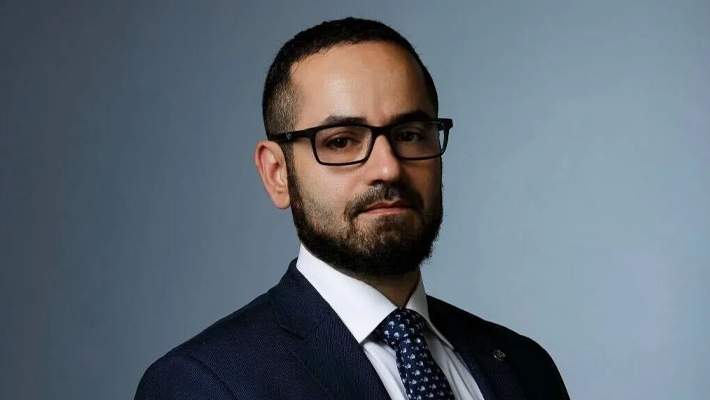
On June 6, Tigran Gambaryan announced that he has resigned from his role at Binance, the largest crypto company in the world. For four years, Gambaryan led the investigations and compliance team for Binance, and his work led him to travel around the world to understand how crypto transaction monitoring worked in different countries.
This was how he and his colleague, Nadeem Anjarwalla, ended up in Nigeria in 2024, following an invitation from the government. For those who somehow slept through the ructions between Binance and Nigeria last year, here's a recap:
- Nigeria accused Binance of enabling the movement of large amounts of illicit, untraceable money into the country.
- Both Gambaryan, a US citizen, and Anjarwalla, a British-Kenyan, were detained in Nigeria, with the government seemingly intent on scapegoating them.
- Anjarwalla escaped custody. But Gambaryan was locked in Kuje prison for months, before he was finally released in October 2024 following a deterioration in his health and intervention from both US diplomatic representatives and Binance CEO Richard Teng.
Since then, Binance and Nigeria have been locked in a long-standing legal row, and Binance's peer-to-peer (P2P) feature still doesn't work in the country.
While Nigeria has since made ‘pro-crypto’ moves to regulate digital assets, including recognising them as securities, Binance still doesn't appear to be part of that future. Neither, it seems, is Gambaryan.
In a telling sign of how much has changed, Binance’s competitor, Blockchain(dot)com, announced on May 27 that it plans to open a physical office in Nigeria in Q2 2025—beating Binance, which once had the largest customer base in the country, to the punch. After its regulatory ordeal in 2024, Binance will likely be glad to miss out on the milestone and instead focus on its other African operations.
You can now pay with Pocket on Paystack Checkout
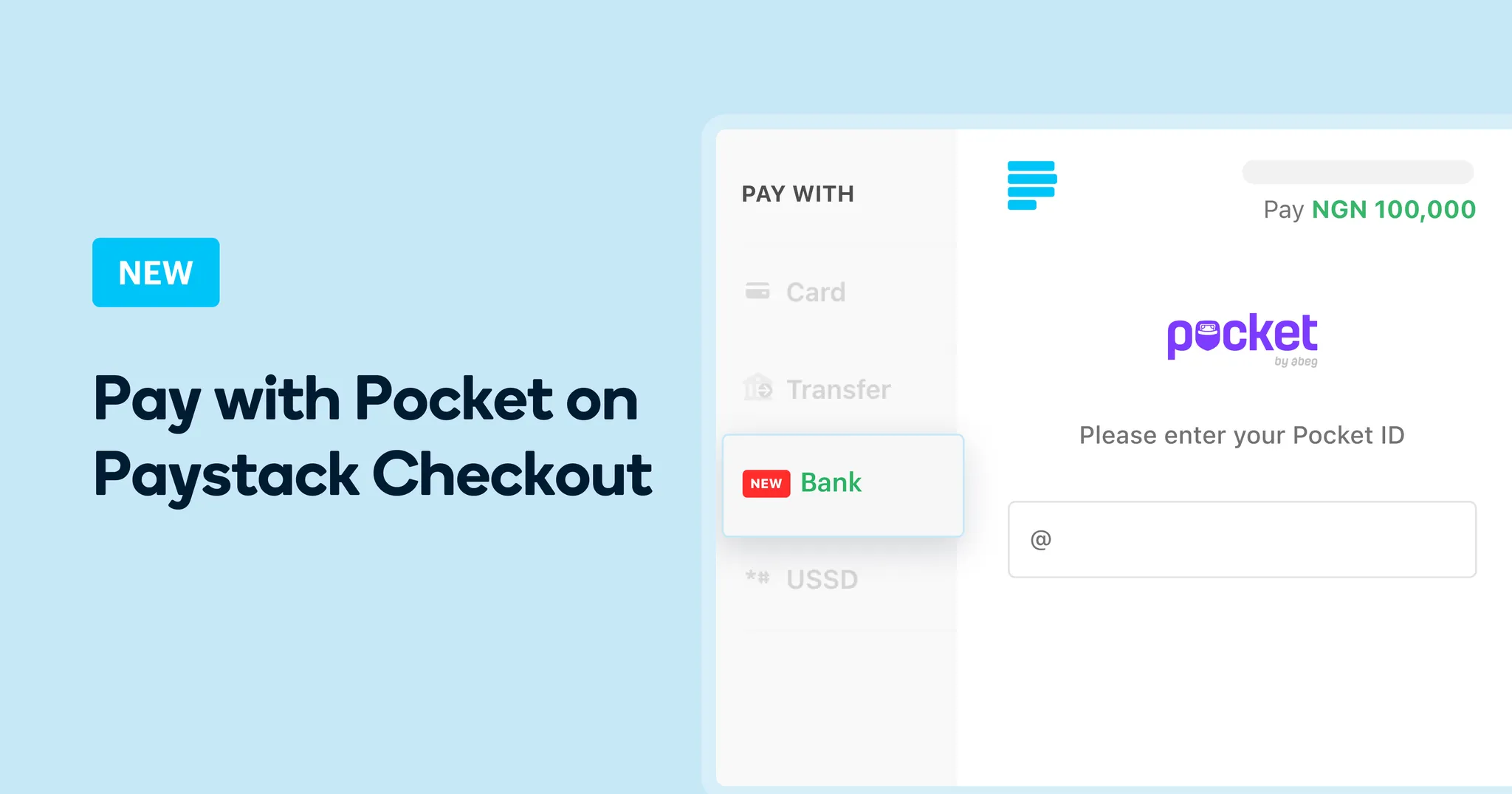
Paystack merchants in Nigeria can now accept payments from millions of Pocket users through Paystack Checkout. Find out more here →
Streaming
Netflix partners with CANAL+ in 24 francophone countries
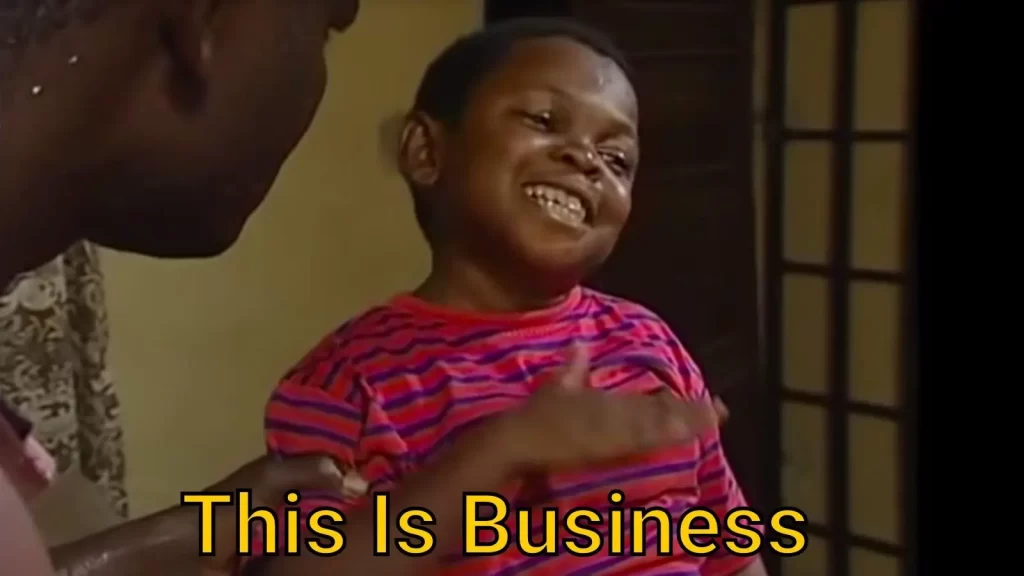
Netflix, a streaming giant, and CANAL+, a French media conglomerate, are teaming up to serve premium entertainment to 24 francophone countries.
Starting July, subscribers in these regions will be able to access Netflix shows through their CANAL+ subscriptions.
It’s a win-win: For CANAL+, this collaboration makes it the first operator to distribute Netflix content as part of its offerings in Sub-Saharan Africa. In addition, it locks in CANAL+ status as a content heavyweight, or as they call it, a “super-aggregator.” With over 400 live channels and a growing portfolio of African content (28), adding Netflix’s global hits (Stranger Things, La Casa de Papel, African productions such as Blood & Water, King of Boys, among others) just made the bouquet even juicier.
For Netflix, this collaboration helps it achieve reach and user retention. It gets to tap into a portion of CANAL+'s 29 million worldwide users. At the same time, this bundling helps cushion the pinch of recent price hikes in Nigeria and South Africa.
If this sounds familiar, it’s because Showmax did something similar with HBO, giving African audiences access to premium HBO content with just one account.
Zoom Out: With telcos like MTN gearing up to enter the ring, Africa’s streaming wars are heating up. In a market where content is king and distribution is the real kingdom, Netflix and CANAL+ have just built a shortcut to the throne. The race to own the African living room just got way more interesting.
CRYPTO TRACKER
The World Wide Web3
This section is brought to you by:
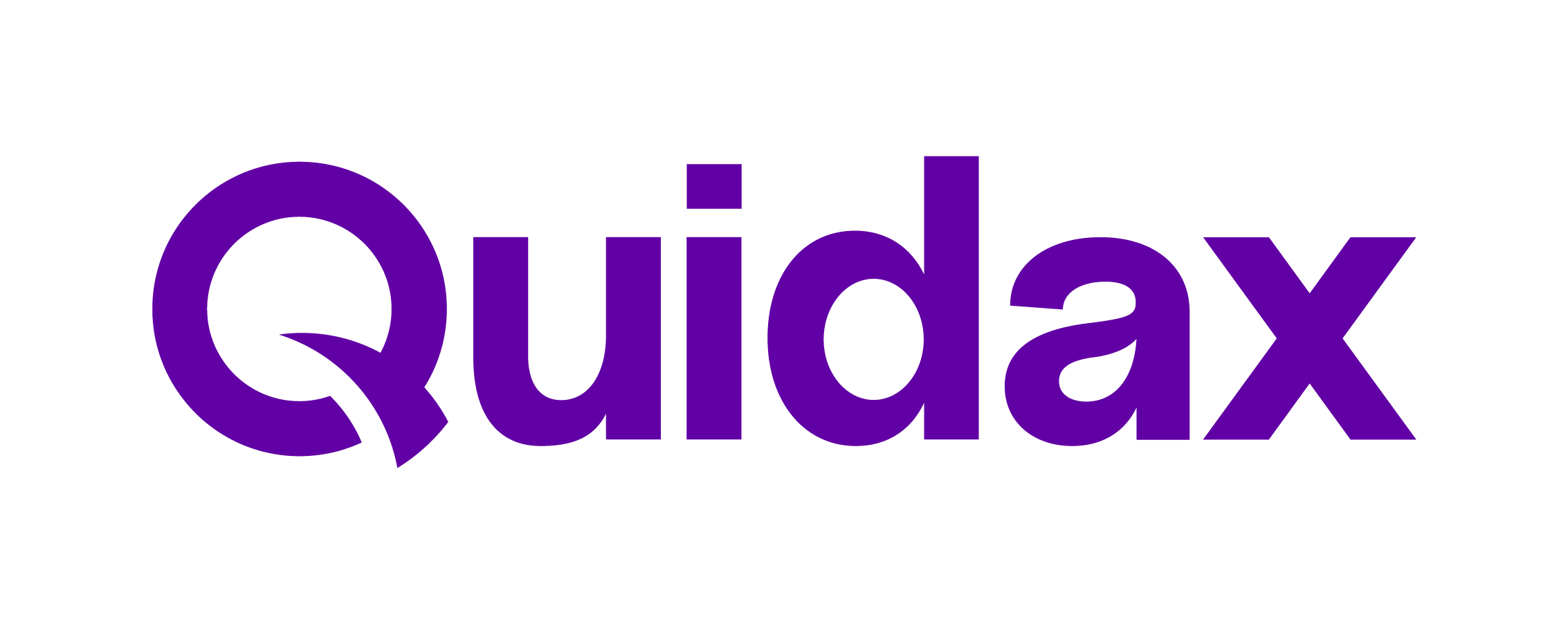
Coin Name | Current Value | Day | Month |
|---|---|---|---|
| $109,690 | + 3.92% | + 5.44% | |
| $2,698 | + 8.03% | + 6.30% | |
| $15.76 | + 5.64% | - 21.33% | |
| $159.46 | + 5.86% | - 9.86% |
* Data as of 06.30 AM WAT, June 10, 2025.
Get pitch deck templates built for African crypto startups, brought to you by Quidax.

Raising funds? Use the pitch deck template built for African crypto & fintech startups. Proven structure, investor-ready format. Get noticed, get funded. Drop your email now to get it instantly
Opportunities
- Applications are now open for the 2025 FATE Institute Fellowship, a two-year, part-time and virtual programme for experienced Nigerian professionals passionate about entrepreneurship and policy reform. The fellowship is open to candidates with at least 10 years of relevant experience and a completed or ongoing Master’s or PhD in fields like Economics, Law, or Political Science. Fellows will work remotely, contribute to research on Nigeria’s entrepreneurship ecosystem, engage with policymakers, and take part in virtual policy discussions, without needing to leave their current roles. Apply by July 25.
- This August, Zikoko's Naira Life Con will bring together wealth builders, entrepreneurs, financial leaders, and everyday Nigerians to share their experiences with earning, managing, and spending money. Think: bold conversations, immersive workshops, and content tracks that hand you a playbook for building real wealth. 30% is still off for early bird tickets—only for a limited time.

Written by: Emmanuel Nwosu and Opeyemi Kareem
Edited by: Faith Omoniyi
Want more of TechCabal?
Sign up for our insightful newsletters on the business and economy of tech in Africa.
- The Next Wave: futuristic analysis of the business of tech in Africa.
- TC Scoops: breaking news from TechCabal
P:S If you’re often missing TC Daily in your inbox, check your Promotions folder and move any edition of TC Daily from “Promotions” to your “Main” or “Primary” folder and TC Daily will always come to you.

How did you find today's edition of #TCDaily? |


